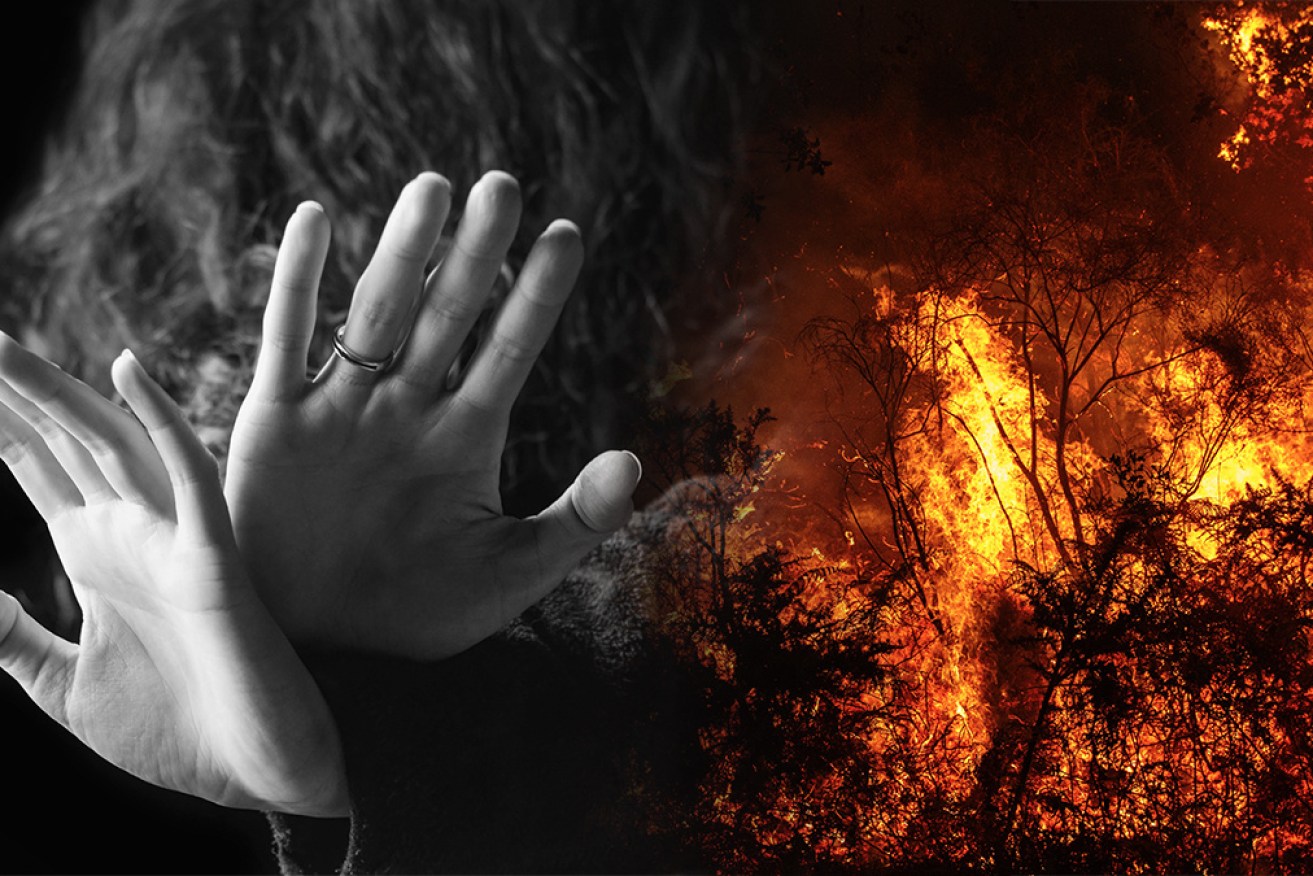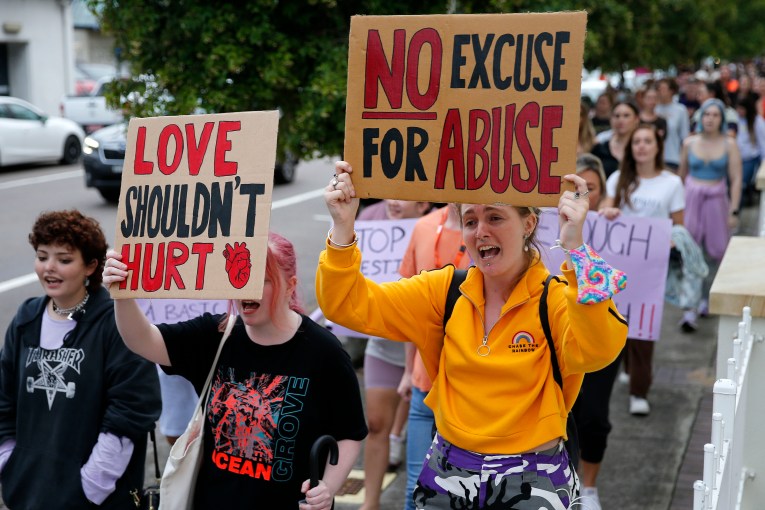The bushfires’ hidden aftermath: Surging risk of domestic abuse


Photo: TND
Deciding to leave an abusive partner is known to be one of the most dangerous times for domestic violence victims.
But after a bushfire, violent perpetrators have even more reason to suspect their partner will divorce them or end their relationship as the loss of property, animals or other valuables means there is less binding them together.
That’s the warning from psychologist Lyn Bender, who says depression and stress can lead to anger, and result in out-of-control behaviour.
It would come as a surprise if a genuinely loving partner became abusive, she said.
“What we know about the history of violent acts is there are different kinds of control, contempt and rage that have been operating.”
Abuse doesn’t always translate into physical violence, Ms Bender stressed.
“If the man wanted to control a woman he doesn’t even have to hit her, he just has to instill the fear that he could.”
Researchers in 2013 concluded the “unmistakable” finding that domestic violence had increased after Black Saturday in February 2009.
All 30 female interview subjects from the worst-hit areas spoke of increased community or domestic violence.
Of these, 17 women had been personally and badly affected, nine of whom experienced no violence before the fires and seven subjects having enjoyed settled and happy relationships.
Clinical psychologist Ruth Nelson said people who have done the work to notice when their stress is building and how to manage that will be better equipped to cope and know when to seek help.
But if they don’t have those skills and there already are “so many pieces of stress falling into your life”, natural disasters can “push you from coping with what’s happening in your life to not coping”, Ms Nelson said.
“Those beliefs that you hold about being entitled to blame someone else and being entitled to take out your anger on someone physically weaker, someone who you can have power and control over … starts to be revealed (and) it spills out in the home in intimate partner violence.”
Loss can also draw couples closer
Nicole Beecroft’s home and everything in it including some animals were lost on Black Saturday in February 2009.
She and her husband were traumatised and in shock but their relationship never became volatile – far from it, actually.
They both respected each other’s strengths and weaknesses when it came to rebuilding.

Ms Beecroft trusted her engineer husband’s decision on matters related to construction and rebuilding. Photo: Getty
“I’m not getting involved in what I don’t understand and he does, and he’s not getting involved in what he doesn’t understand and I do,” Ms Beecroft said.
Despite having a frugal mindset, the couple respected each other’s decision to fork out however much on whatever they thought was valuable and worth the expense.
“I just believe that if he thinks spending x-amount of dollars on a particular thing is reasonable then it’s reasonable for him and so my reasoning isn’t better than his reasoning,” Ms Beecroft said.
As for needing support, they took it in turns.
“I would be a bit more vulnerable then he’d prop me up and he’d be a bit more vulnerable and I’d prop him up. It’s almost like we would draw on strength to help the other person.”
Five tips for building a stronger relationship in a crisis

Natural disasters can test a relationship. Photo: Getty
Psychologist Ruth Nelson says:
- Be interdependent, not dependent or independent. Lean on each other in such a way that neither of you falls.
- Be clear on what your needs are, how they are met and on the skills and resources required for that. But be aware your partner can’t meet all of those needs. Which needs can they meet and which can’t they? Is it a realistic balance and are you OK with it?
- Be clear on your partner’s needs. Ask outright: “What do you need from me?” Sometimes a big thing they need is just to be listened to, to be heard and to have the reality of their experience acknowledged, even if it is a different experience to yours.
- Own your own pain and let them own their own pain: As renowned therapist Resmaa Menakem says (albeit in another context), we don’t get a choice between pain and no pain. But we do get a choice between clean pain and dirty pain. So where you are in pain, own that and keep it where it belongs.
- Each of us needs to take responsibility for our own feelings and actions, and not take them out or blame them on someone else. Sometimes we need professional help with that – such as individual or couples counselling. We can have a professional help us learn healthier ways of managing our pain so that we don’t harm ourselves or those we love.









